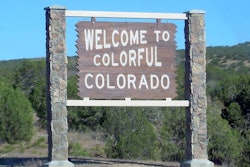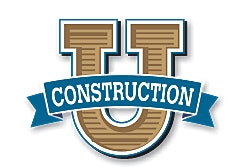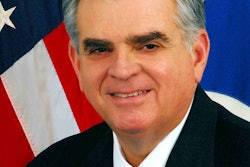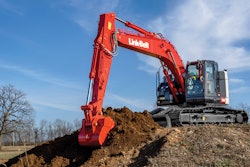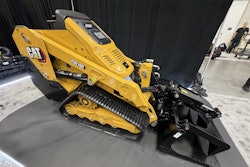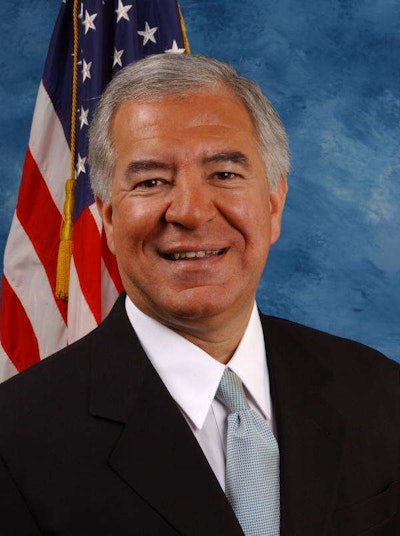 Nick Rahall
Nick RahallRanking member of the House Transportation and Infrastructure (T&I) committee and West Virginia veteran Congressman Nick Rahall (D-WV) believes reauthorization in 2014 will be a far different process than the contentious and almost-failed MAP-21 work of 2012.
Speaking to the Transportation Construction Coalition (TCC) in Washington, D.C., on Tuesday, he recalled years on the committee more than a decade ago when “most members seemed to understand the value of investment in America’s infrastructure.” But that consensus view was largely replaced with a mindset that “extended only to the next election.”
MAP-21 was a “disappointing product,” Rahall said. “For the first time since I got here, the leadership of the Transportation and Infrastructure Committee abandoned the traditional way,” he said, and the committee leadership “seemed to be dedicated to good press releases rather than good work. Thanks to a new committee direction, I believe the foundation has been laid in the proper manner, and it is a foundation we can support.”
Rahal credits new committee chairman Bill Shuster (R-PA) from Pennsylvania with bringing back a primary focus to the needs of the country’s aging infrastructure. Chairman Shuster, said Rahall, “has been reaching across party lines. He is [also] bringing members of his party around to the idea that we need to have a federal transportation program.”
The chairman of the T&I committee during the MAP 21 process was Florida’s John Mica (R-FL), and he and Rahall clashed openly on occasion.
Pointing out that the Highway Trust Fund will be depleted again in just over a year, Rahall said, “Chairman Shuster and I believe we don’t just need to talk the talk but to walk the walk. We both think all [funding] options should be on the table.” But like Shuster, Rahall said that just because “all” options are on the table–obvious a gas tax hike would be one of them–“doesn’t mean I support all of them.”
But, said Rahall of a potentially higher gas tax, “the way gas prices go up and down today, who’s going to notice?”
Rahall pointed out that the I-5 Skagit River Bridge that recently collapsed in Washington State “did not just carry a road, it carries jobs and commerce.” Now, he said, “when the news cameras are turned off and the expedited repairs complete, what will happen? This was a wake-up call and we simply can’t afford to keep hitting the snooze button.”


